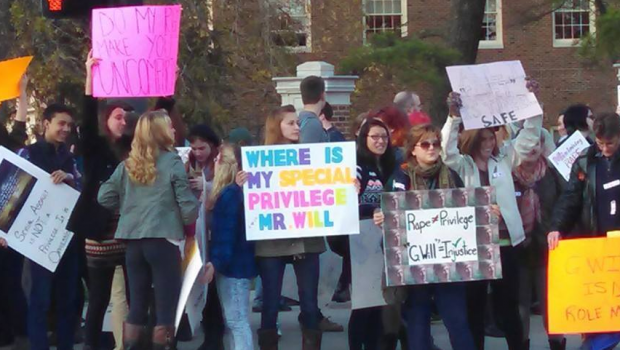Galileo on religion and science (Introduction to Philosophy this week)
[This week in my Introduction to Philosophy course, we’re reading Galileo’s “Letter to the Grand Duchess Christina” — published exactly 400 years ago — in which he argues that free inquiry in the sciences is compatible with religion rightly understood. Here is a re-posting of my Galileo and the Modern Compromise.] IN HIS OPEN LETTER […]
Galileo on religion and science (Introduction to Philosophy this week) Read More »
